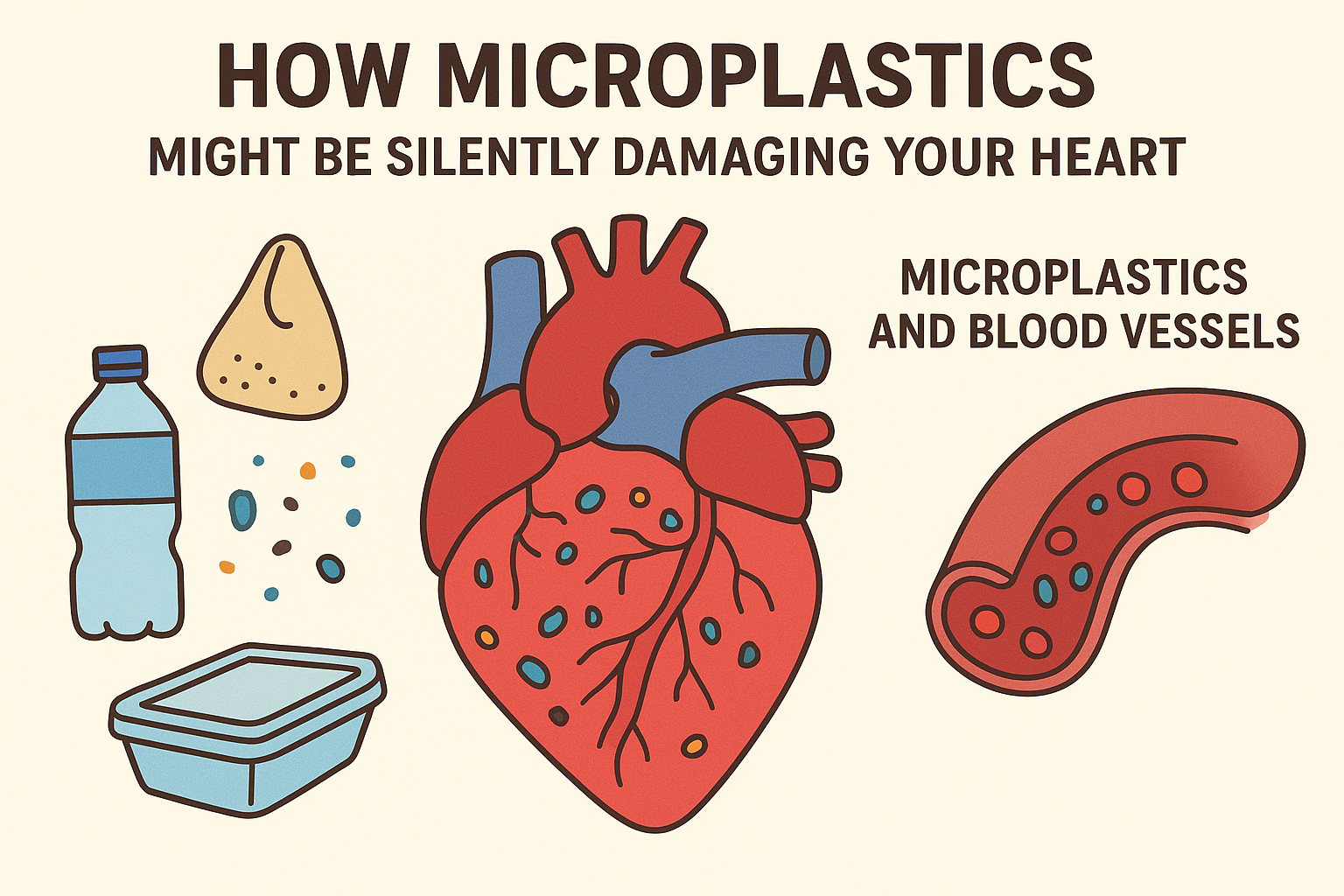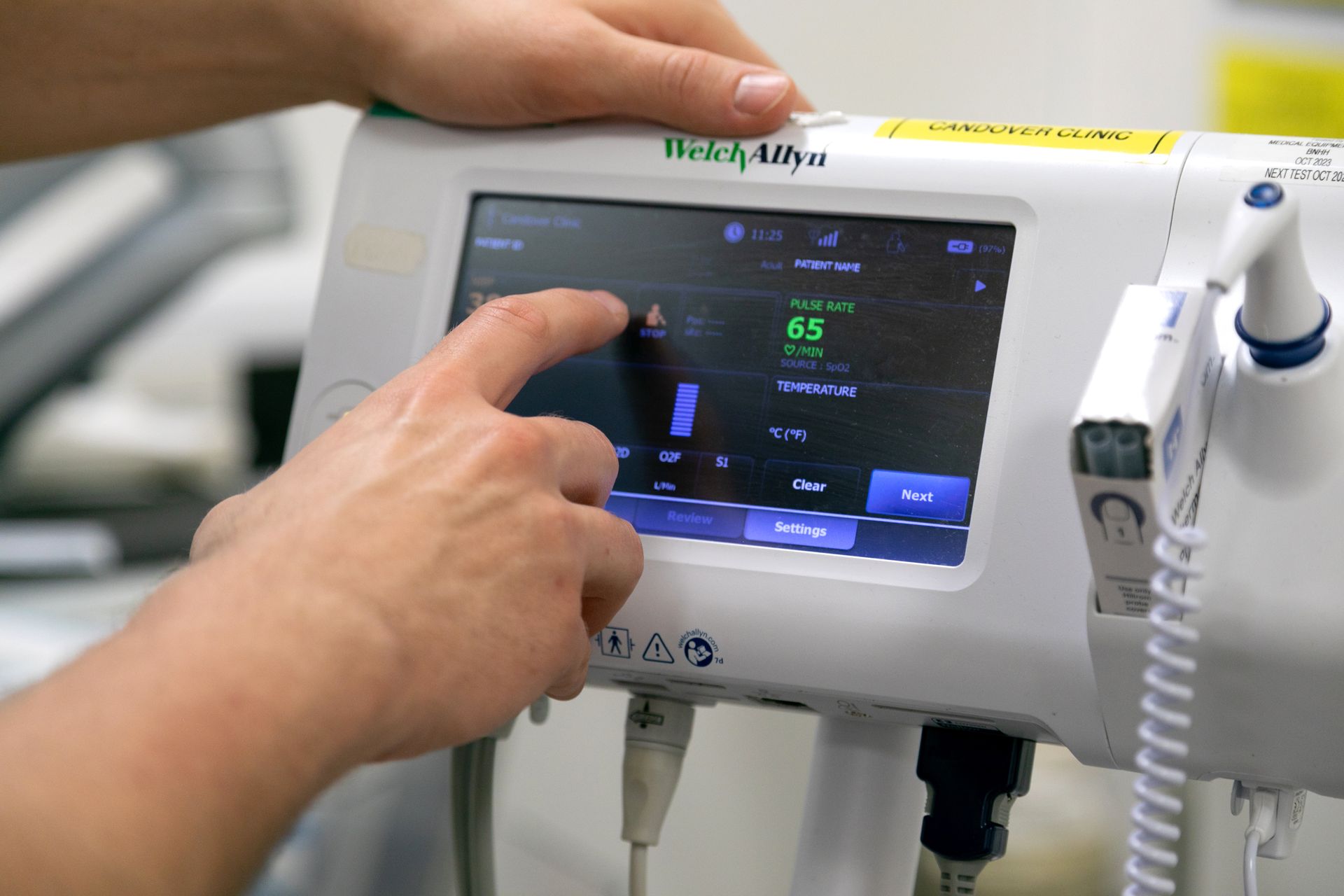What are the real Benefits of Omega-3 fatty acids for your Heart Health?

Commonly sourced from fish oil and certain plant oils, Omega-3 fatty acids are believed to offer various advantages, including cholesterol management, improved cardiovascular function, and reduced inflammation. But how substantial are these benefits? Is this perception still valid in 2025?
Understanding Omega-3 Fatty Acids
Omega-3 fatty acids are essential fats that the body cannot produce on its own. They are primarily sourced from fatty fish like salmon, mackerel, and sardines, as well as from supplements like fish oil capsules. Fish oil is derived as a byproduct of commercially produced fishmeal, which is made from whole wild-caught fish, bycatch, and fish processing residues to serve as animal feed. In the past, fish oil was considered a waste product of fishmeal production and was often discarded into the ocean or incinerated.
The four main types of Omega-3 fatty acids are:
ALA (alpha-linolenic acid): Found in plant oils such as flaxseed, chia seeds, and walnuts. We won`t discuss this acid in our article.
EPA (eicosapentaenoic acid): Found in fish and fish oil.
IPE (icosapent ethyl): Highly purified EPA ester.
DHA (docosahexaenoic acid): Also sourced from fish and fish oil.
Crude fish oil contains 12% DHA, 70% other and 18% EPA.
A meta-analysis published in 2021, which included 38 trials and nearly 150 000 patients, showed that Omega-3 fatty acids reduce cardiovascular mortality and improving cardiovascular outcomes. Interestingly however, EPA monotherapy showed superior efficacy over EPA+DHA.
(https://www.thelancet.com/journals/eclinm/article/PIIS2589-5370(21)00277-7/fulltext)
Omega-3 Heart Benefits: Scientific Evidence Does Omega-3 Reduce Cholesterol?
One of the central claims surrounding Omega-3 is its ability to reduce cholesterol levels. In general terms, cholesterol can be `good` or `bad`. `Good cholesterol` is called HDL (high-density lipoprotein) and `bad cholesterol` is called LDL (low-density lipoprotein). However, the third measurable fatty substance are called Triglycerides. Both high LDL levels and high triglycerides levels are associated with a risk of heart disease.
(https://pubmed.ncbi.nlm.nih.gov/26844337/)
(https://www.sciencedirect.com/science/article/pii/S0735109718348174?via%3Dihub)
The answer to this question is that Omega-3 fatty acids, especially EPA reduce Triglycerides levels, however their effects on cholesterol levels, although extensively studied, are still inconclusive.
NICE concluded the below in it`s 2023 guideline:
1.12.5 Do not offer omega 3 fatty acid compounds to prevent CVD. Icosapent ethyl is an exception to this if used as described in NICE’s technology appraisal guidance on icosapent ethyl with statin therapy for reducing the risk of cardiovascular events in people with raised triglycerides. [2014, amended December 2023]
1.12.6 Tell people that there is no evidence that omega 3 fatty acid compounds help to prevent CVD, except use of icosapent ethyl as described in NICE’s technology appraisal guidance on icosapent ethyl with statin therapy. [2014]
(https://www.nice.org.uk/guidance/ng238/resources/cardiovascular-disease-risk-assessment-and-reduction-including-lipid-modification-pdf-66143902851781)
Therefore in our clinical practice we do not recommend Omega-3 fatty acids as a preventive measure for cardiovascular disease, apart from IPE in patients with high triglycerides as a secondary prevention. Secondary prevention means that someone has already had a heart problem, i.e. a heart attack.
Dr Bart Olechowski: An Experienced NHS and Private Consultant Cardiologist in Hampshire, UK
Dr Bart is a renowned consultant cardiologist, who offers private practice services in Andover, Basingstoke, Winchester, and London. He specialises in the diagnosis and management of cardiovascular conditions, Dr Bart provides comprehensive care for patients experiencing chest pain, palpitations, blackouts, and breathlessness across Hampshire.
Conclusion
The evidence supporting Omega-3 for heart health is not as convincing as initially thought, though not without promise, especially in a form of Icosapent Ethyl. Improving cardiovascular wellness appears to be mediated by reduction in triglycerides levels, which indeed are a risk factor for heart disease. However, the magnitude of these benefits can vary based on individual factors such as baseline risk and underlying past medical history.
For individuals considering Omega-3 supplements, consulting a healthcare provider is essential to ensure appropriate use. Professionals like Dr Bart, with expertise in advanced diagnostic tests and personalised care, can guide patients toward optimal heart health. Ultimately, there are several valuable tools that can help in the fight against cardiovascular disease. The broader lifestyle changes and medical care is something that we would recommend.
Future Perspectives
Research into Omega-3 fatty acids continues to evolve, with new studies exploring their potential in areas such as arrhythmia prevention, heart failure management, and post-cardiac event recovery. As our understanding grows, Omega-3 may play a greater role in personalised medicine and cardiovascular health strategies. However, for now as per NICE recommendations Omega-3 fatty acids would not be recommended in prevention of heart disease.











